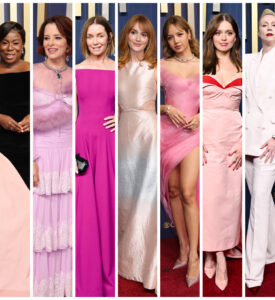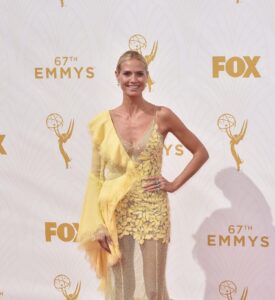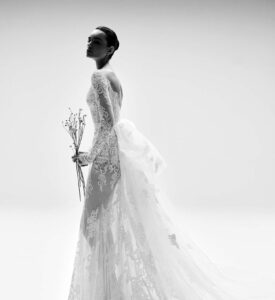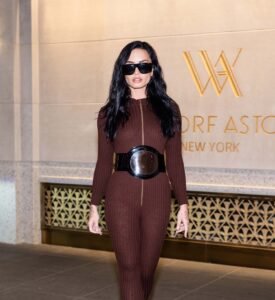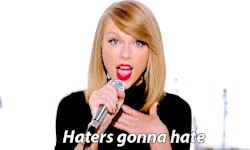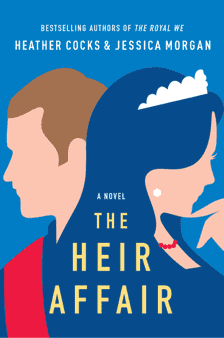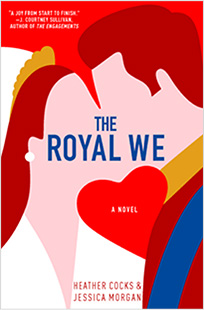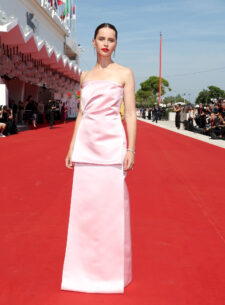Twitter blew up last night when Taylor Swift dropped the lyric video and sound for her new song (the full video will debut on Sunday). It was fascinating to watch people be a bit horrified, then kind of sucked into its catchiness, then irritated when all it left them with was the metallic taste of false victimhood. Here it is:
Full disclosure: I like Taylor Swift, at least in the abstract. Or, in the actual. We’ve stuck up for her a lot over the years and I was pretty much right with her for a long time. She’s a talented songwriter and knows her way around a hook; even songs that are silly are still catchy, and as an unabashed fan of “MMM Bop” and “Cake By The Ocean,” I have room in my life and on my treadmill mixes for those things. I like that she got up there and strummed her guitar and sang her own stuff even when her voice was clearly not the strongest — there’s power in being like, “This is me and I’ve never pretended to be anything else” — and I enjoyed that my nieces had someone like her to contrast to the tongue-wagging pasty-wearing Mileys of the world. But the problem is, over the years, Taylor clearly did start pretending to be something else, or at least had lofty ideas of her own stature that led to a false sense of invincibility. And the one thing you can say about Miley is that she lets it all hang out, and the chips will fall where they may. Taylor holds on too tight and when it cracks she seems ill-equipped to deal, and Miley is loose, relaxed, willing to faceplant. That’s not such a bad quality. There’s power in that, too.
Not that this is about Miley vs. Taylor; they just ring true as relative contemporaries who’ve gone in different directions. But Tay’s newest song, “Look What You Made Me Do,” displays a pretty stunning inability to admit culpability for her mistakes — something, it’s worth noting, she tried to force Kanye to do not once but twice, after the VMAs in 2009 and then after his song where he claimed he made her famous. For the record, I do not by any means think Kanye West made Taylor Swift a phenomenon, but I do believe him interrupting her turned on a lightbulb at the Team Swift HQ, and it gave them a direction. She came out a year later with “Innocent” at the VMAs that essentially cast her as the wounded but recovering angel (and “Mean,” though ostensibly not at him, produced the same effect: “I have risen above your petty emotional larcenies”). She extracted multiple apologies from Kanye, and built all that into stepping stones that would make her a girl-power icon: surrounded by a posse of famous girlfriends, stomping on-stage to the strains of “Shake It Off” and “We Are Never Getting Back Together,” and a brand of feminism that ultimately was all shine and no teeth — a view that has proliferated after her silence on Donald Trump vis a vis women’s issues. (Whether or not you agree with the politics of it, and Taylor is not required to be a Democrat if she doesn’t want to be, certainly the lack of rebuke or rejection of Trump anytime in the last year on matters both behavioral and policy-oriented stirred up a lot of questions about the authenticity of her brand.)
Over time it seemed to be more about a persona than a personality. And that’s always going to turn into a game of Jenga. Taylor doesn’t deal well with cracks, though. To address something that popped up in the comments: I don’t take issue with celebs micromanaging their images, and I think Taylor was actually smart about it for a long time. But then at a certain point, a hollowness showed, and she was ill-equipped to deal with it. She would double down against any perceived slight to try and preserve the hero image, such as when Kanye released “Famous.” Taylor, I think, realized her fans would expect a certain response, so she decried the song, then later accepted an award with a speech in which she knowingly urged women not to let any man take credit for their successes. She cast Kanye as the villain. And that’s when she learned you don’t tangle with a Kardashian. They live their lives on film. Along came the Snapchats heard ’round the world, and Taylor’s response was, “I would very much like to be excluded from this narrative, one that I have never asked to be part of, since 2009.” Except that she did make herself part of it. She didn’t start it, but she let it fuel her, she kept referencing it, she collected apologies, she made public statements. And then, of course, we hear that he discussed the lyric with her and she seemed enthused.
So I listened to it “Look What You Made Me Do” in search of self-awareness, maybe a wink here or there indicating that the title was subversive somehow. That no one had made her do anything. Maybe a treatise on responsibility and blame. But I can’t find it. “I don’t like your silly games. I don’t like your tilted stage,” she whines. “The role you made me play. Of the fool. No, I don’t like you.” That’s just a tantrum. No one made you talk out of both sides of your mouth, Taylor. Whose stage is tilted here, exactly, anyway? Theirs, or yours? Taylor used what she thought was an impenetrable feminist aura to lash out at Kanye for something she not only knew he was doing, but approved, and to which she’d promised a “ha ha, we were actually in this together” reaction. She made them look foolish first, and they simply flipped the script on her. “I don’t like your perfect crime. How you laugh when you lie,” she preens. Again: Who wronged who here? Sure, they released tapes you didn’t know they were making, but it was to defend themselves against the lie you perpetrated. Maybe smarter people than I will be able to scrutinize this for anything other than blinkered hypocrisy, but I can’t find it.
In short, “Look What You Made Me Do” is… bratty. It feels like the snotty other side of the coin to “Shake It Off.” That was a peppy lashing-out at Internet haters — namely, anyone who dared criticize — and this one is a dark and petulant accusation, and revealing a complete inability to do the breezy shucking and jiving she once championed. Besides which, what is the title even saying? Is it written from K&K’s point of view, about her? I doubt it. Is she alleging, “You made me take a year off and then write a thoroughly mediocre pop song about how mad I am at you for piercing my balloon”? Because that might be accurate. But they didn’t make her trip and fall into PR muck of her own making. They didn’t make her wallow. They didn’t make her lie about her reaction to the song, nor string along that lie. She did that all by herself. What they did do was make her get off the train for a second, but that seems to have been for strategizing rather than self-examination. The album Reputation might end up being a searing glimpse at PR pretense, and putting image above authenticity, but this glimpse sadly suggests she didn’t spend that year off arriving at any interesting conclusions other than, “Well, Bad Blood did really well for me, so let’s point some fingers and talk revenge.” I wish what they’d made her do is peel back the layers. Or send her back to those days where she was on stage with her guitar, kicking out winsome jams, rather than boring pseudo-electronica that doesn’t seem to tap into any of what Taylor Swift’s fans ever liked about her in the first place.
And reception, at least critically, has been negative. It’ll be interesting to see how Taylor Swift, who doesn’t take criticism well, copes with near-universal eye-rolling. I mean, Old Taylor can’t come to the phone “because she’s dead”? Really? Also, that’s a lie, too, because this sure FEELS like Old Taylor to me — the one who cannot handle adversity without complaining that it’s someone else’s fault. Girl, be real. You tangled with the pros and lost. You got busted. Write that story. I hope, when your album comes out, it turns out you did.
